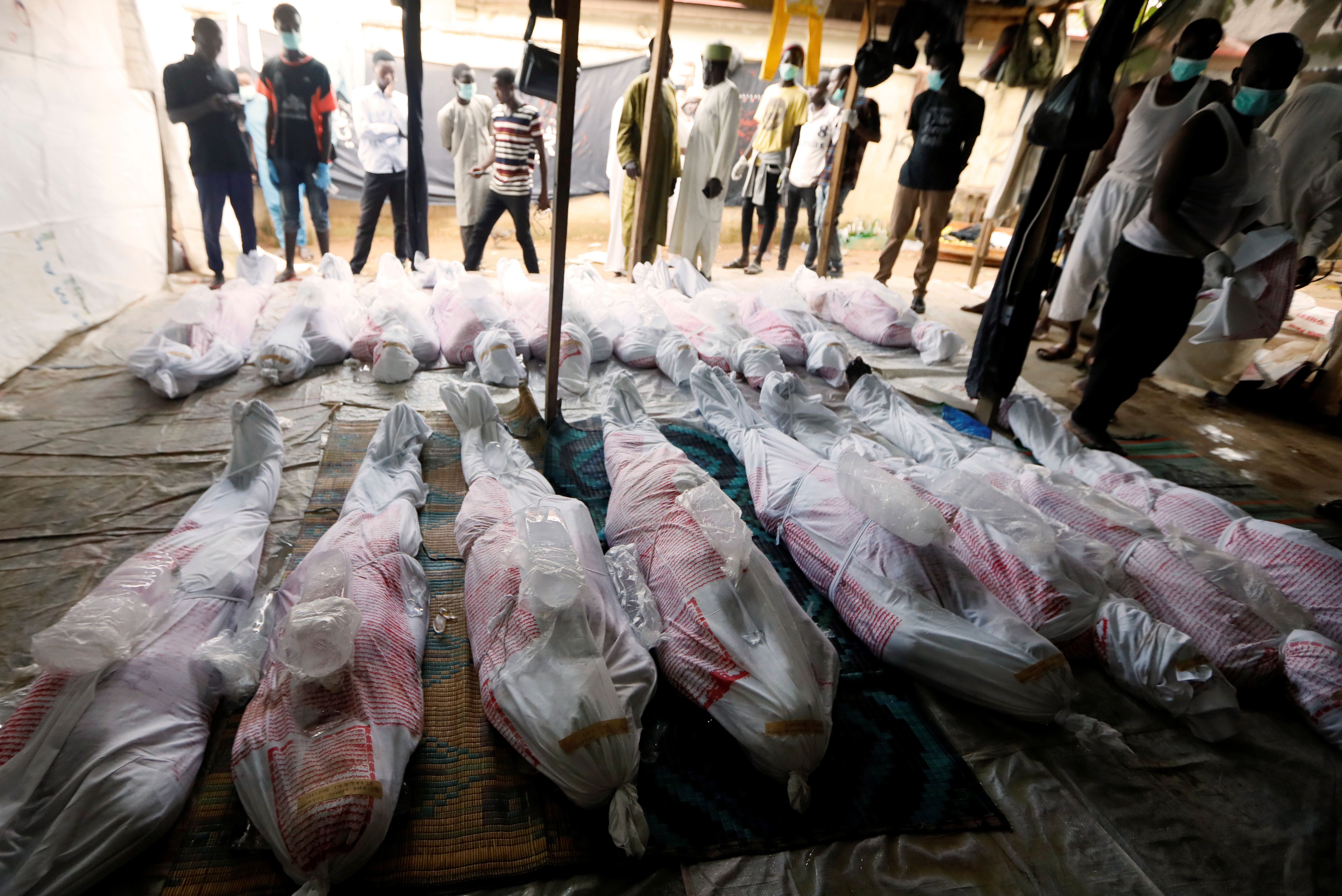Last week, the United States was gripped by a furiously partisan debate about whether President Trump’s divisive and threatening rhetoric about his opponents has contributed to recent acts of politically-motivated violence in America.
As all that was happening, the army of Nigeria clashed with hundreds of protesters who had blocked traffic outside the capital, Abuja. When some of the protesters threw rocks at the soldiers, they opened fire. Amnesty International, a human rights watchdog, said as many as 40 unarmed people were killed as a result.
On Friday, as local and international criticism of the Nigerian authorities mounted, the army responded by posting a clip of a speech given by Mr. Trump a day earlier, in which the US President warned that if migrants making their way towards the United States via Mexico throw rocks at the troops he has deployed to stop them, the soldiers would be justified in shooting them.
Please Watch and Make Your Deductions, the tweet said. Later in the day a Nigerian army spokesman doubled down, telling the New York Times that if Trump thinks a rock is the same as a rifle, “then who is Amnesty International?”
To be absolutely clear – there is no connection between the killing of the protesters, which happened on Monday, and Mr. Trump’s words about rifles and rocks, which came three days later. The Nigerian Army’s Twitter post has since been taken down, and Mr. Trump has in recent days qualified his own comments on the subject.
Still, the fact remains that the military of another country has now directly quoted Mr. Trump to justify, before the world, a potentially serious human rights violation. Just as many world leaders have also taken up Mr. Trump’s habit of decrying critical reporting as “fake news,” it’s a reminder that although America’s relative clout and credibility have been waning for many years, the words of the US president still carry a tremendous and sometimes chilling kind of power around the world.
